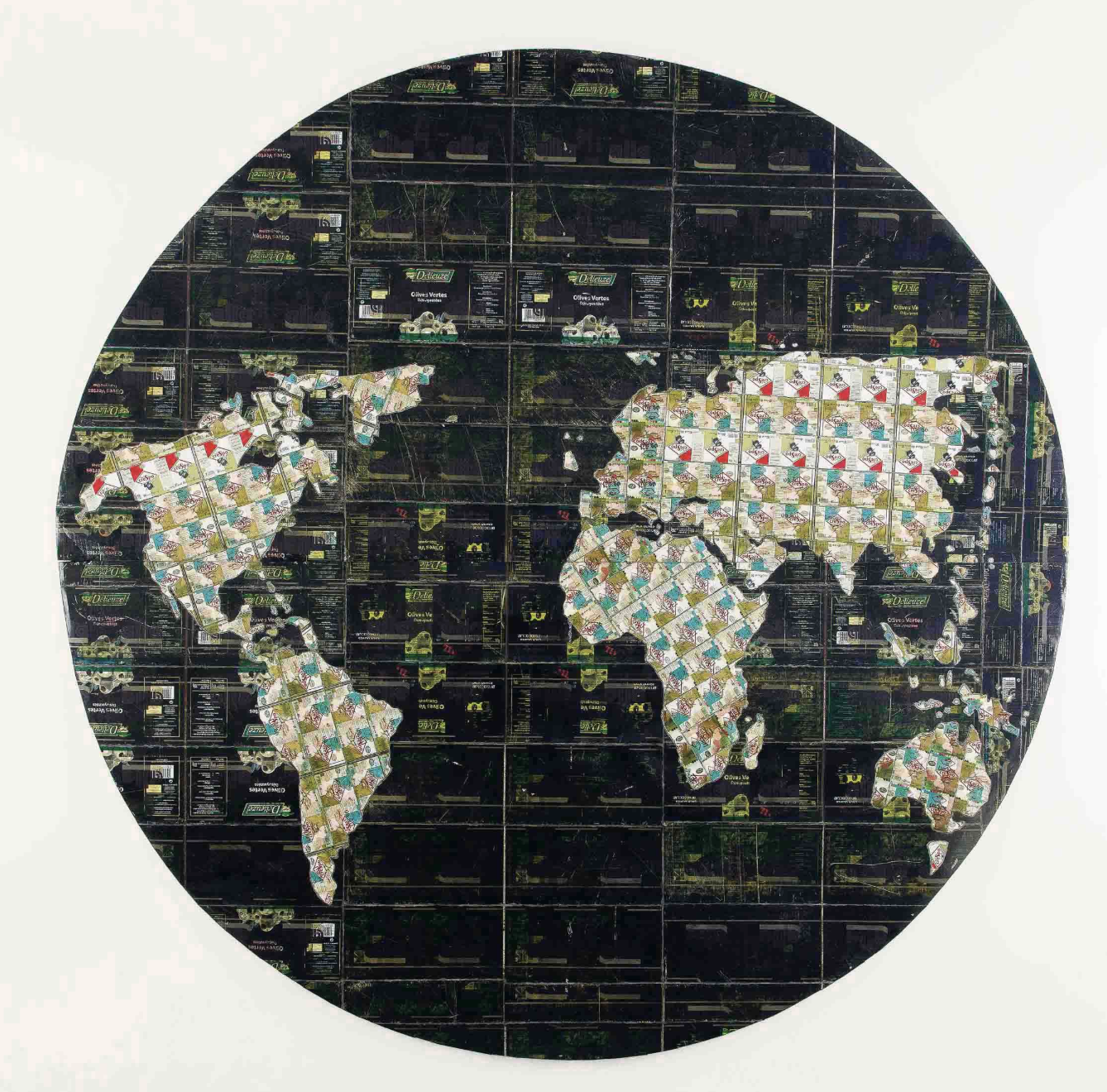Adel Abdessemed
Adel Abdessemed is a provocative and boundary-pushing contemporary artist whose works challenge societal norms, exploring themes of violence, identity, and the human condition. Born in 1971 in Constantine, Algeria, Abdessemed’s early life and experiences shaped his understanding of the complexities of both the individual and the collective. He studied at the National School of Fine Arts in Algiers before moving to Paris, where he gained international recognition for his bold and sometimes controversial approach to art.
Abdessemed's works span across multiple mediums, including sculpture, video, installation, and drawing, but it is his arresting, large-scale installations that most powerfully resonate with audiences. One of his most well-known pieces, Quatre ailes (2008), features the wings of a bird made from the skeletal remains of metal pipes, evoking both the beauty and the fragility of life. His monumental installations often create spaces that engage viewers physically and emotionally, inviting them to confront the harsh realities of existence.
Adel Abdessemed, Turtle, 2014
Adel Abdessemed, Mappamonde - Olive, 2011
His La Part Du Feu (2013), which portrays a series of explosive, violent images, captures the raw power of destruction, while also drawing attention to the deeply human instinct for survival. Abdessemed’s work confronts violence head-on, using it as both a subject and a medium, compelling audiences to consider the effects of conflict and trauma on both a personal and societal level.
The artist’s unflinching exploration of violence and identity is exemplified in his Don’t Trust Me series, where Abdessemed uses the image of a bound and tortured body to evoke both suffering and resistance. These pieces force viewers to grapple with uncomfortable truths, offering a reflection on the darker aspects of human experience.
Adel Abdessemed, Tonight no man will sleep, 2022.
Adel Abdessemed’s art does not merely exist in a gallery; it challenges, disrupts, and transforms spaces, prompting a visceral emotional reaction in its audience. His works stir anger, grief, and contemplation, leaving viewers with an enduring sense of the vulnerability of the human spirit.
Today, Abdessemed lives and works in Paris, where he continues to create powerful, thought-provoking works that reflect the ever-present tension between violence and beauty, destruction and creation. His work remains a testament to the unyielding complexity of the human experience, sparking reflection on personal and collective identities in an increasingly fractured world.
Adel Abdessemed, Jam Proximus Ardet, 2024



